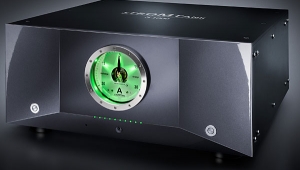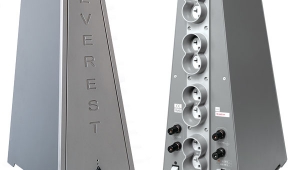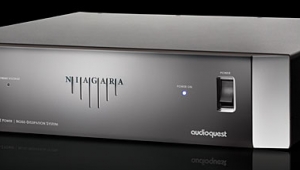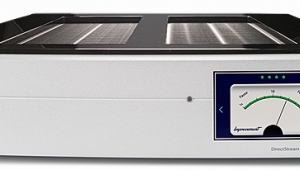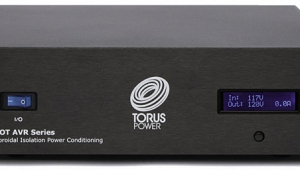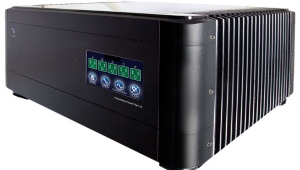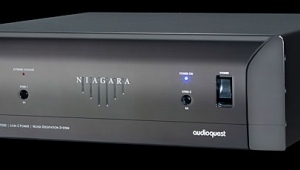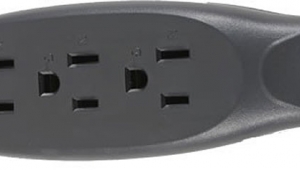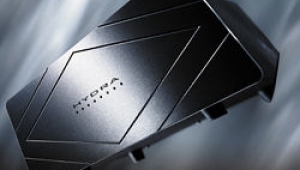| Columns Retired Columns & Blogs |
Yes, you can run out with only 10 outlets, by my count I would need at least 14. With one of these you could control the frequency of current going to your TD-124 and keep it nice and steady at 33.4 rpm. I wonder if my 40 year old outlets would suffice for one or would I need a complete re-wire to make something like this financially viable. Great products.

